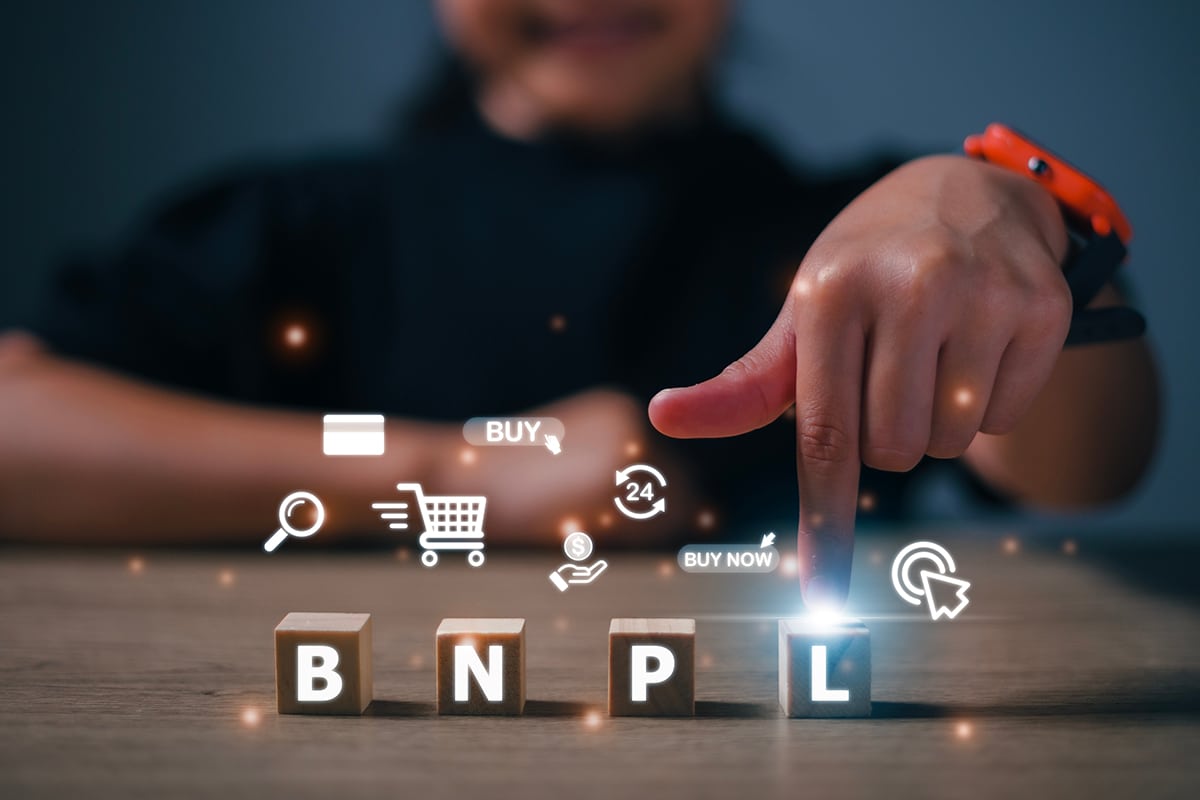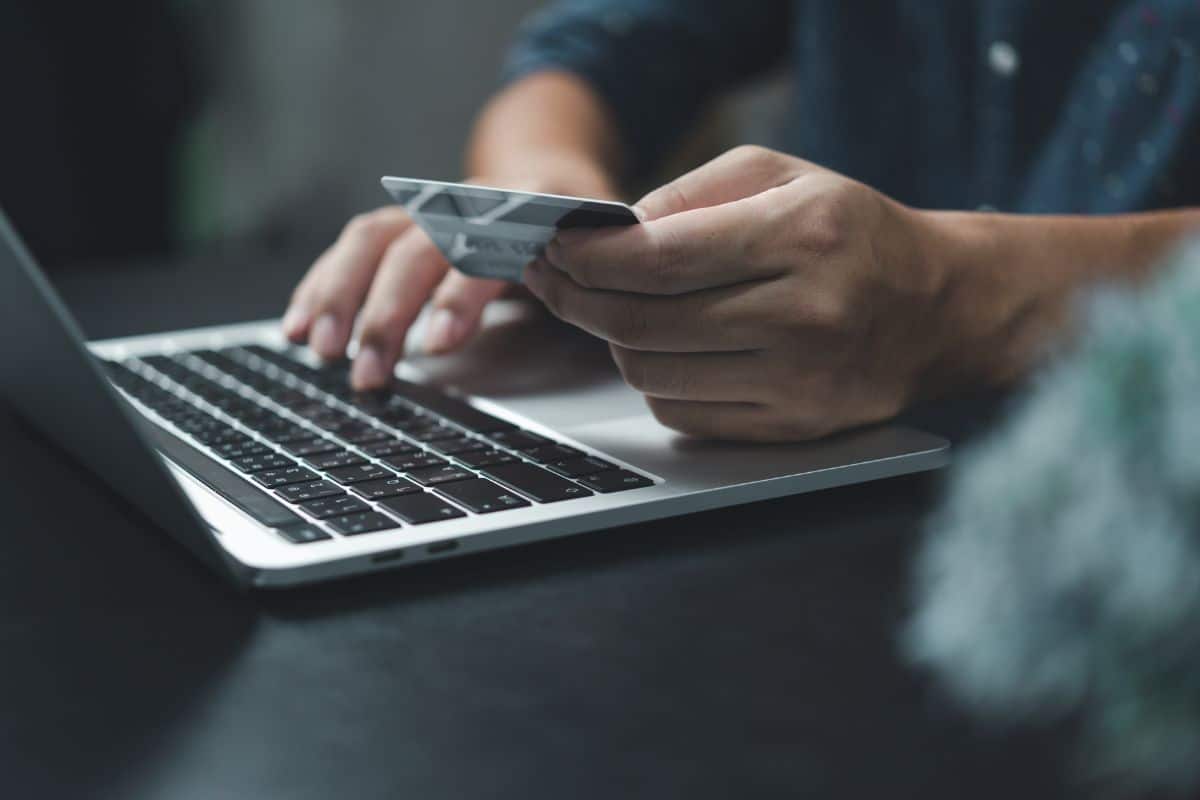Debt In Disguise: Experts Issue Buy Now Pay Later Warning As Clever Marketing Risks Overspending

Buy Now Pay Later (BNPL) schemes have been gaining popularity in recent times with several providers offering consumers the option to split purchases into monthly ‘easy payment plans’. However, financial experts caution extreme vigilance to avoid users from falling into a potential debt trap.
“The ‘pay later’ concept is clever marketing, but let’s call it what it is: debt with a shiny new name. It makes borrowing feel less intimidating and, as a result, less real. This can lull consumers into overspending, thinking they’re spreading costs rather than taking on debt,” Mike Coady, Financial Expert told Arabian Business.
BNPL payments in the UAE is expected to grow to a CAGR of 12.4 per cent from 2024-2029, according to the UAE Buy Now Pay Later Business and Investment Opportunities Databook. Several firms in the region are offering users monthly payment plans such as Tamara, Tabby and Postpay.
A Tabby report released in 2024 revealed that 77 per cent of Tabby shoppers planned to use the financial service for essential purchases last year. Discretionary purchases also form a significant segment of shoppers using the service.
Although these services are marketed as ‘hassle-free’ they could have several financial implications for users. ’Pay Later’ disguises debt as something harmless, making it easier to overspend,” said Stuart Porter, Wealth Coach.
BNPL is not “safer” than credit cards
Coady has observed through his years of helping individuals with financial planning that “small misconceptions can snowball into significant financial stress if left unchecked.”
A common misconception of BNPL services is that it is “safer” than a credit card. However, financial experts warn that this perception is not entirely factual.
“Credit cards feel like your parents’ thing, while BNPL feels fresh and easy. But here’s the kicker—BNPL isn’t “safer.” Late fees and penalties can pile up just as quickly, and many don’t realise the lack of protections compared to credit cards,” Coady explained.
The marketing of these schemes often disguises their true nature as debt by presenting them as convenient “pay later” options. This strategic language manipulation makes the financial obligation seem more approachable and less risky than it actually is.

“BNPL is a marketer’s dream—it removes the psychological “pain” of immediate spending. You’re no longer handing over cash or seeing a big number on your credit card bill. But here’s the catch: what feels like a harmless purchase in the moment can become a series of monthly payments that eat into your budget,” he said.
Moreover, the widespread availability of the service across several online and physical stores enhances the appeal to customers. Tabby, for instance, lists over 10,400 stores that supports its four-month payment plan. The stores span across a range of categories including fashion, beauty & health, home & appliances, travel, entertainment and more.
Younger consumers are at a higher risk of falling into financial burden because of false safety perceptions, experts warned.
“Younger consumers may think BNPL is safer because it feels less formal than credit cards however this is not the case,” Porter said.
The ease of option for BNPL services makes it highly popular among the youth, Coady explained, “BNPL taps into what younger generations value: simplicity and immediacy.”
“Younger individuals, especially those new to managing their own finances, and lower-income groups are particularly at risk. My advice is simple but powerful: know what you’re signing up for,” he added.
However, he cautioned, “BNPL isn’t ‘safer.’ Late fees and penalties can pile up just as quickly, and many don’t realise the lack of protections compared to credit cards. Education is key here, especially for young professionals building their financial foundation.”

On Monday, the Consumer Financial Protection Bureau (CFPB) unveiled a study of Buy Now Pay Later users, indicating that among borrowers aged 18-24, BNPL made up of 28 per cent of total unsecured consumer debt compared to an average of 17 per cent in other age groups.
The report also highlighted that over 20 per cent of US consumers utilised BNPL services, with the majority carrying high credit balances and having low credit scores.
“BNPL has woven itself into the fabric of everyday spending, making it feel as normal as adding items to your shopping cart. This normalisation fuels higher spending, often without consumers realising they’ve crossed their own financial boundaries. It’s why I emphasise the importance of creating and sticking to a realistic budget—planning is always better than panicking,” Coady said.
‘Know what you’re signing up for’
The responsibility for financial guardrails and spending limits does not rest solely on the consumer. “Providers also have a responsibility” to set limits that align with a consumer’s income and spending patterns.
Financial experts suggest basic creditworthiness checks, implanting spending caps, clear free structures and real-time alerts.
For consumers, Porter provided advice to avoid falling into a debt cycle with BNPL services:
- Start with a budget: Allocate specific amounts for discretionary spending and stick to them.
- Plan purchases in advance and avoid impulse buys.
- Delay non-essential purchases until they can be saved for, avoiding the need for credit.
- Use a financial strategy to track all monthly commitments, including BNPL payments, to prevent overspending.

Coady offered “simple yet powerful” advice, “know what you’re signing up for. Whether it’s BNPL or any financial product, read the fine print, understand the costs, and never borrow more than you can comfortably repay. If in doubt, speak to someone who can help you see the bigger picture – that’s where financial advisers come in.”
Experts agree that BNPL can be a useful tool if used responsibly with careful financial planning.
“A well-thought-out budget and financial strategy serve as your best defence against overspending. By prioritising long-term goals, consumers can make purchases confidently without sacrificing future financial well-being,” Porter explained.
Financial education is a key factor in learning how to navigate these tools. “I’ve always believed that financial independence starts with education and a clear plan,” Coady concluded.
DIFC Courts Embrace Blockchain Tools For Complex Digital Asset Cases
New custodial and analytics services will allow judges and litigants to better manage disputes involving cryptocurrenci... Read more
UAE Announces Major Changes To Corporate Tax Rules
Changes explain how corporate tax liabilities are settled and give businesses the right to claim payments in certain ca... Read more
Kuwait To Launch Dedicated Banking Crimes Prosecution Office In 2026
New unit in Kuwait will target cyber fraud, cheque offences and financial forgery as authorities step up protection of ... Read more
Islamic Development Bank Approves $1.365bn Financing In 12 Countries
To support development projects, including renewable energy, power networks, transport corridors, water and agricultura... Read more
UAE Tops MENA Crypto Adoption And Ranks 5th Worldwide – Report
World Crypto Rankings 2025 highlights the UAE’s rise as a regional leader in digital assets and tokenisation, with Du... Read more
ADIO, Primavera To Collaborate To Attract High-growth Companies To Abu Dhabi
The partnership will increase cross-border capital flows, deepen investor partnerships and expand the footprint of glob... Read more

